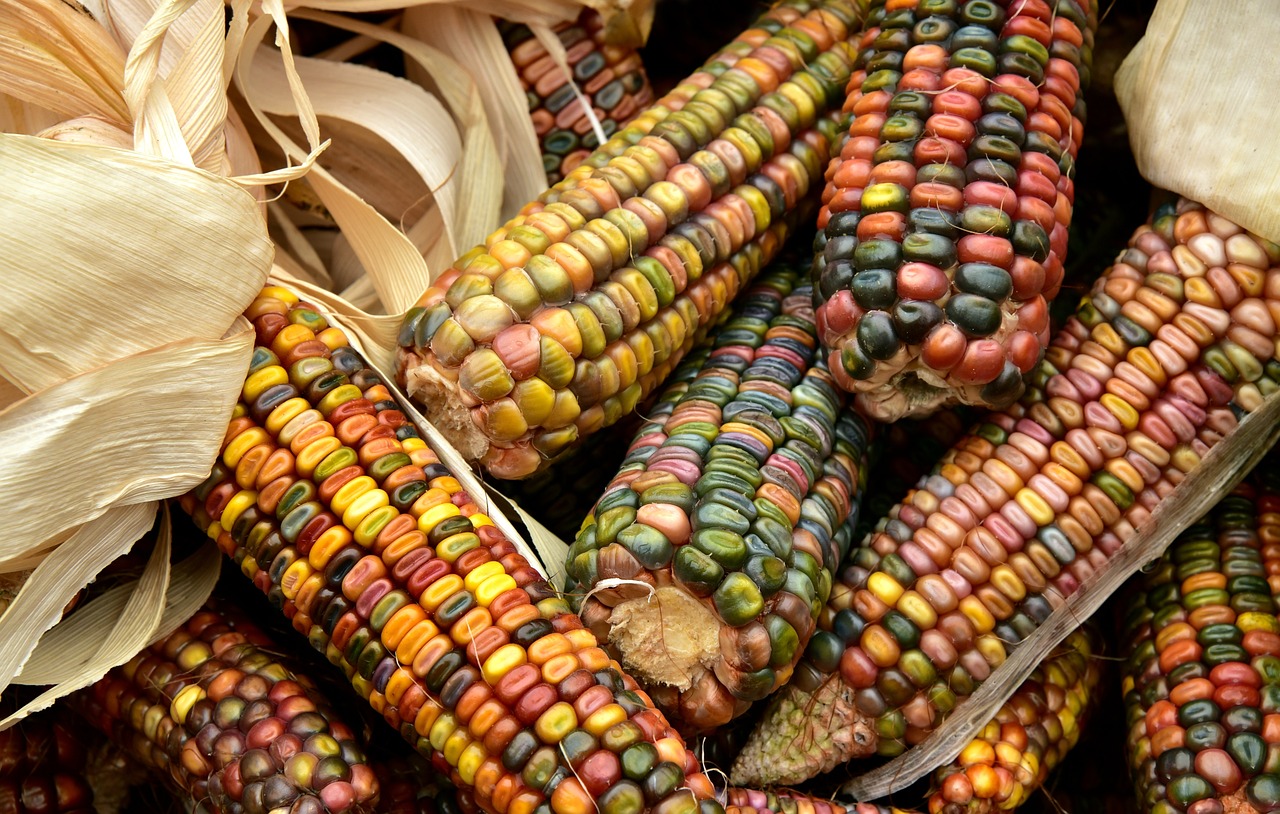Maize Innovative Practices Or Technologies
There are many innovative practices or technologies that can improve maize production and sustainability. Some of them are:
Drought-tolerant maize varieties that can cope with water stress and produce higher yields.
Imazapyr-resistant maize varieties that can resist the parasitic weed striga, which reduces maize yield by up to 80% in some regions.
Golden maize varieties that have enhanced levels of pro-vitamin A, which can help prevent vitamin A deficiency and improve human nutrition.
Information and communication technology (ICT) platforms that can provide farmers with timely and relevant information on weather, markets, pests, diseases, and best practices12.
Contracted farm mechanization services that can reduce labor costs and drudgery, and increase efficiency and productivity.
Better fertilizer blends that are tailored to the soil and crop needs, and top-dressed nitrogen that can boost nutrient supply and maize growth.
Rotating and intercropping with nitrogen-fixing legumes that can improve soil health, diversify income, and enhance food security.
Applying herbicides for pre- and post-emergent weed control, which can save time and labor, and increase maize yield.
Controlling the fall armyworm through integrated pest management practices, such as using resistant varieties, biological agents, pheromone traps, and pesticides.
Countering aflatoxin contamination through the use of atoxic competitors, such as Aflasafe, which can reduce the risk of fungal infection and toxin production in maize.
Improved post-harvest handling that can reduce losses, improve quality, and increase value addition of maize.


Leave a comment
Comments (0)
No comments yet. Be the first to comment!